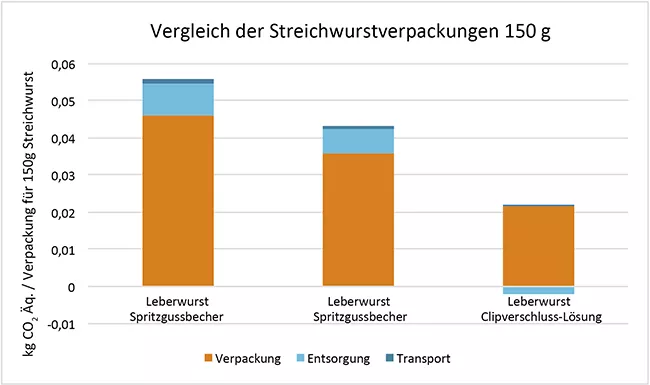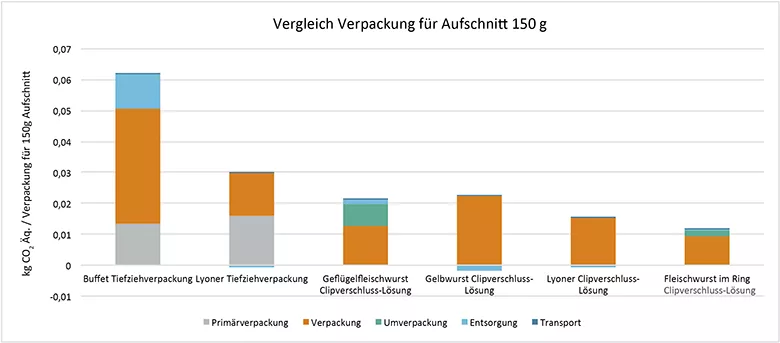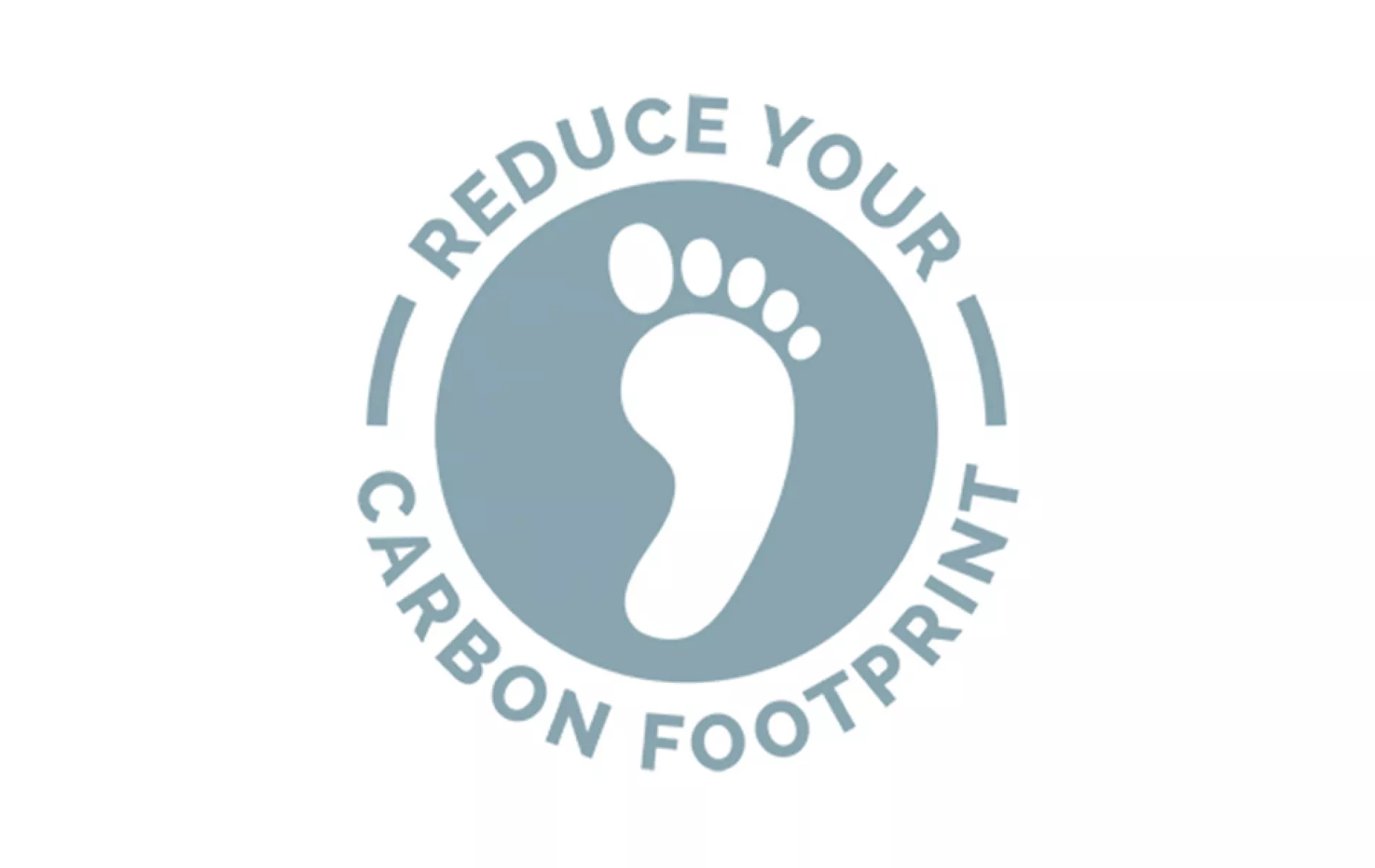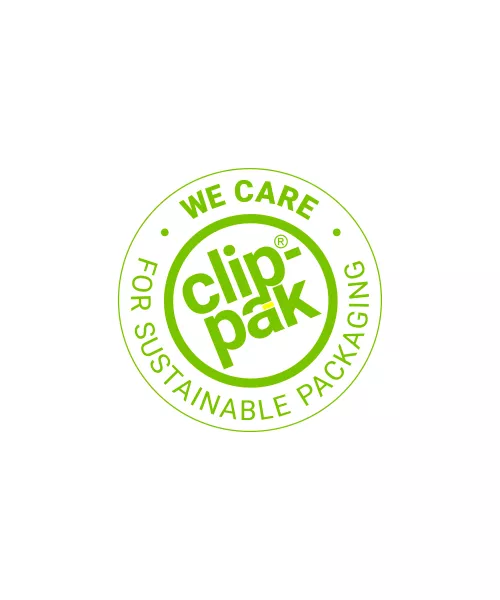Clip closure solutions produce up to 64% less greenhouse gas emissions than the injection moulded cup and compared to thermoformed packaging for cold cuts, it is even up to 81% less greenhouse gas emissions. "We had expected our packaging solutions to have environmental benefits. The study allows us to quantify these for our customers for the first time," says Mr Kristian Blomqvist, Vice President Sales and Marketing at Poly-clip System.
Environmentally friendly packaging is becoming more and more in demand against the backdrop of the new German Packaging Act, the debate on marine litter, microplastics and circular economy. The results show that CO2 emissions are saved by the choice of packaging. Life cycle assessments are used to determine the carbon footprint of a product along its life cycle and allow a statement to be made about its climate impact. In order to determine how environmentally friendly its packaging solutions are, Poly-clip System commissioned the Fraunhofer Institute for Environmental, Safety and Energy Technology UMSICHT to examine different packaging of meat products and to compare clip closure solutions with tray and thermoformed packaging as well as injection moulded cups for defined meat products.
Method
In order to determine the carbon footprint, the extraction of the raw materials (e.g. petroleum) up to the finished packaging solution was taken into account in the ecological analysis, including the disposal of the packaging. The packaging solutions were compared on the basis of a comparison unit. For this purpose, the packaging of 150 g of spreadable sausage was assumed for spreadable sausage packaging and the packaging of 150 g of sliced meat for sliced meat packaging. The calculation was based on the weight, materials and manufacturing processes of the packaging solutions. The materials were analysed using infrared spectroscopy and the manufacturing processes of the packaging plastics were mapped with the help of commercial LCA databases.
Results
"For cold cuts, the use of the clip closure solution can save about 0.05 kg CO2 equivalents compared to thermoformed packaging. Extrapolated to the consumption of cold cuts in Germany, this results in a saving of 22,133 tonnes of CO2 equivalents per year and corresponds to about 173,051,863 car kilometres driven," says Nils Thonemann from the Sustainability and Resource Management department of the Fraunhofer Institute UMSICHT. "In the case of sausage spread packaging, using the clip closure solution saves up to 0.04 kg of CO2 equivalents per comparison unit and 4,427 tonnes of CO2 equivalents based on total German consumption of sausage spread per year."
"Up to 64% less greenhouse gas emissions for the clip closure solution compared to the injection moulded cup."

Die Ergebnisse der Studie des Fraunhofer-Institust UMSICHT, über die Treibhausgas-Emissionen der verschiedenen Streichwurstverpackungen.
"Up to 81% less greenhouse gas emissions for the clip closure solution compared to thermoformed packaging for cold cuts."

Die Ergebnisse der Studie des Fraunhofer-Institust UMSICHT, über die Treibhausgas-Emissionen der verschiedenen Aufschnittverpackungen.
The results are proof of the advantages of the climate friendliness of clip closure solutions compared to the sausage packaging types presented. With fewer processing steps, waste and also lower costs, the term "minimalist packaging" is more than accurate. Consumer behaviour is changing. So less can be more. More sustainability in sausage packaging with clip closure solutions.
Press contact
Poly-clip System GmbH & Co. KG
Niedeckerstraße 1
65795 Hattersheim a. M.
Deutschland

